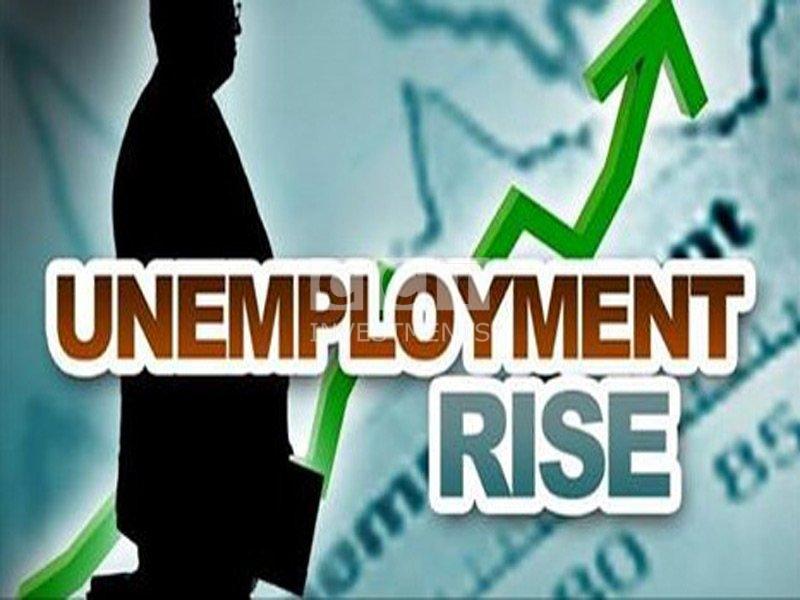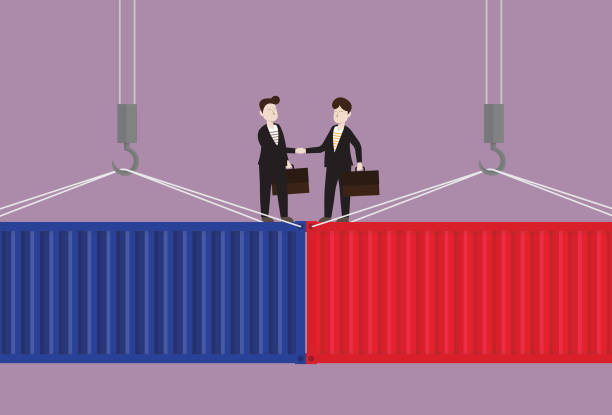When examining how political decisions are made, it’s impossible to separate them from their economic context. The state of a country’s economy is one of the key drivers behind political decisions at all levels, ranging from city councils to the highest levels of government. Second Floor Strategies, a political consulting firm in Texas, says that understanding how economic factors influence political decisions is essential for anyone looking to understand better how politics works in practice. To help you get started, we’ve compiled a list of economic factors significantly influencing political decision-making.
1. GDP Growth
GDP growth is a critical economic factor that strongly influences political decisions. Higher GDP growth rates create more revenue, jobs, and opportunities for the people. Further, GDP growth figures are often used as a yardstick for the strength or weakness of a nation. Thus, no matter which political party is in charge, they will likely prioritize policies that drive GDP growth.
2. Unemployment Rates
Unemployment rates are another crucial economic factor that political leaders must consider. High unemployment rates signify poor economic conditions, leading to political unrest. As such, political leaders are incentivized to reduce unemployment rates to keep their political constituents happy. This means that government policies are often geared towards creating more jobs, including investing in infrastructure, providing tax breaks to businesses, and supporting industries that create jobs.

3. Inflation
Persistent increases in the level of prices in an economy can have significant knock-on effects. Inflation can potentially decrease the purchasing power of a country’s currency and lower the people’s standard of living. Political leaders have no choice but to consider this when formulating policies that impact the economy. If a government perceives inflation as a threat, it may raise interest rates or decrease spending.

4. Interest Rates
Interest rates are another significant economic factor with an impact on political decisions. Government policies can determine interest rates, and any changes can impact the economy. Higher interest can reduce the money supply in circulation as fewer people seek credit, making it a tool to control inflation. Lower interest rates, on the other hand, can stimulate borrowing and investment by companies and individuals and, in turn, boost overall economic growth.
5. Currency Value
The value of a country’s currency is fundamental in setting its economic prospects. For political leaders and policymakers, it is critical when making decisions on their country’s commerce and trade relations. An appreciation of the currency will make the country’s exports more expensive while it will reduce the cost of imported goods. A political consulting firm in Texas can tell you how political decisions on international trade and those on exchange rates impact currency values and are, therefore, one of the most influential economic factors that influence political decisions.

6. Public Finances
Public finances, such as debts and deficits at the government level, can impact the decisions of political leaders and policymakers. A country with high public debt burdens and obligations can limit a government’s ability to attain its spending goals, effectively curtailing political decisions. Balancing the budget becomes an essential policy for political leaders that can influence financial markets and foreign investors.
7. Trade Agreements
Trade agreements have significant implications for international relations, politics, and economies. Different political leaders have different approaches to international trade, which can significantly influence how trade agreements are formulated. As a result of different economic ideologies, political leaders may pursue trade policies with various goals. Some leaders may favor free trade, while others may support protectionist policies.

8. Technological Advancements
Technology advancements can change traditional economic norms by introducing new markets, reducing production costs, and creating more jobs in emerging industries. The speed of technological innovation today has significant implications for economic growth and prosperity. Political leaders are heavily invested in this and might steer policies encouraging technology adoption and development. This can include funding research into critical industries and offering tax breaks to tech-focused companies.

9. Diversity And Inclusivity
The role of diversity and inclusivity in politics is now recognized as key. As such, economic decisions made by political leaders will have a distinct impact on these issues. Political choices can address the issue of income inequality, which negatively impacts minority groups. Women and minority-owned businesses can benefit from policies that encourage workforce diversity, helping increase participation and bring new ideas to the table.
Final Thoughts
In conclusion, the economy plays a critical role in influencing political decisions and if you need help in this area, a political consulting firm in Texas may provide insights. The interconnectedness of economic factors means that a decision made in one area of the economy is likely to have impacts in other related areas. Political leaders must factor the current financial situation alongside future projections when making decisions that can affect jobs, tariffs, taxes, and overall growth. A balance between the economic and political landscape must always be struck, resulting in sustainable long-term development and stability.
